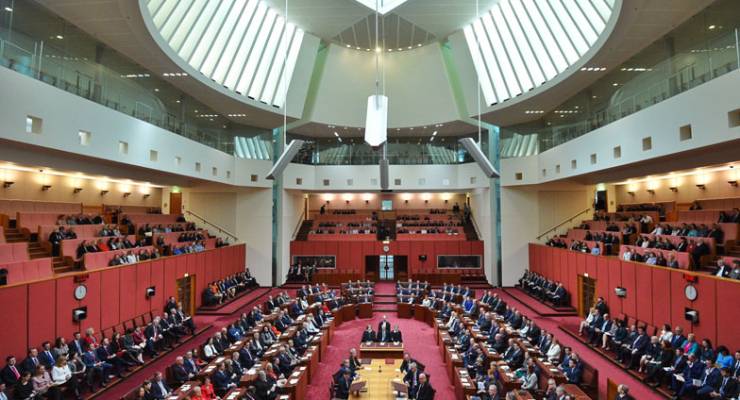
It’s a public holiday in NSW, South Australia and the ACT today and it was one in Victoria on Friday, but we’ve been hard at work here in Crikey bunker both days — which prompts us to wonder how busy our politicians are. Federal parliament is due to resume next week but there are just five sitting weeks left this year, bringing the actual number of sitting days this year to a total of just 47. Admittedly, it’s been an election year and we’ve lost a large number of sitting days — Parliament sat for 75 days in 2015.
But compared to other parliaments, Australian politicians don’t seem to face particularly onerous parliamentary duties. Take the “Mother of Parliaments” in Westminster — in 2015-16, the Commons sat for 158 days. In the election year of 2014-15, it sat for 133 days, still more than twice the number of days our House of Representatives sat for in 2015. Nor is it just the diligent Brits — the Canadian parliament is sitting for 125 days this year and sat for 127 days last year — which was an election year. And Canadian MPs are getting off a bit more lightly under Justin Trudeau — Stephen Harper had them in Ottawa for 130 days in 2014 and 135 in 2013. Down in Washington, Congress has a slightly lower work ethic but will still sit for more than 100 days this year. And over in Wellington, that bastion of small government under John Key sat for 87 days last year, belying the cliche about governing best by governing least.
When it comes to worker productivity, Australians are among the best in the OECD at the moment. But our politicians, it seems, don’t score so well in international comparisons.
Still, compared to state politicians, our federal MPs are slaves.
Politicians, of course, are busy when Parliament isn’t sitting — especially lower house MPs. They work hard dealing with constituents and attending electoral events, often seven days a week, in addition to parliamentary committee work. For MPs from electorates with greater socio-economic problems, getting away to Canberra might even be a break from the intense demands of constituent work. But somehow their Anglophone counterparts manage to fit in a lot more parliamentary work than Aussie pollies do.








Crikey is committed to hosting lively discussions. Help us keep the conversation useful, interesting and welcoming. We aim to publish comments quickly in the interest of promoting robust conversation, but we’re a small team and we deploy filters to protect against legal risk. Occasionally your comment may be held up while we review, but we’re working as fast as we can to keep the conversation rolling.
The Crikey comment section is members-only content. Please subscribe to leave a comment.
The Crikey comment section is members-only content. Please login to leave a comment.